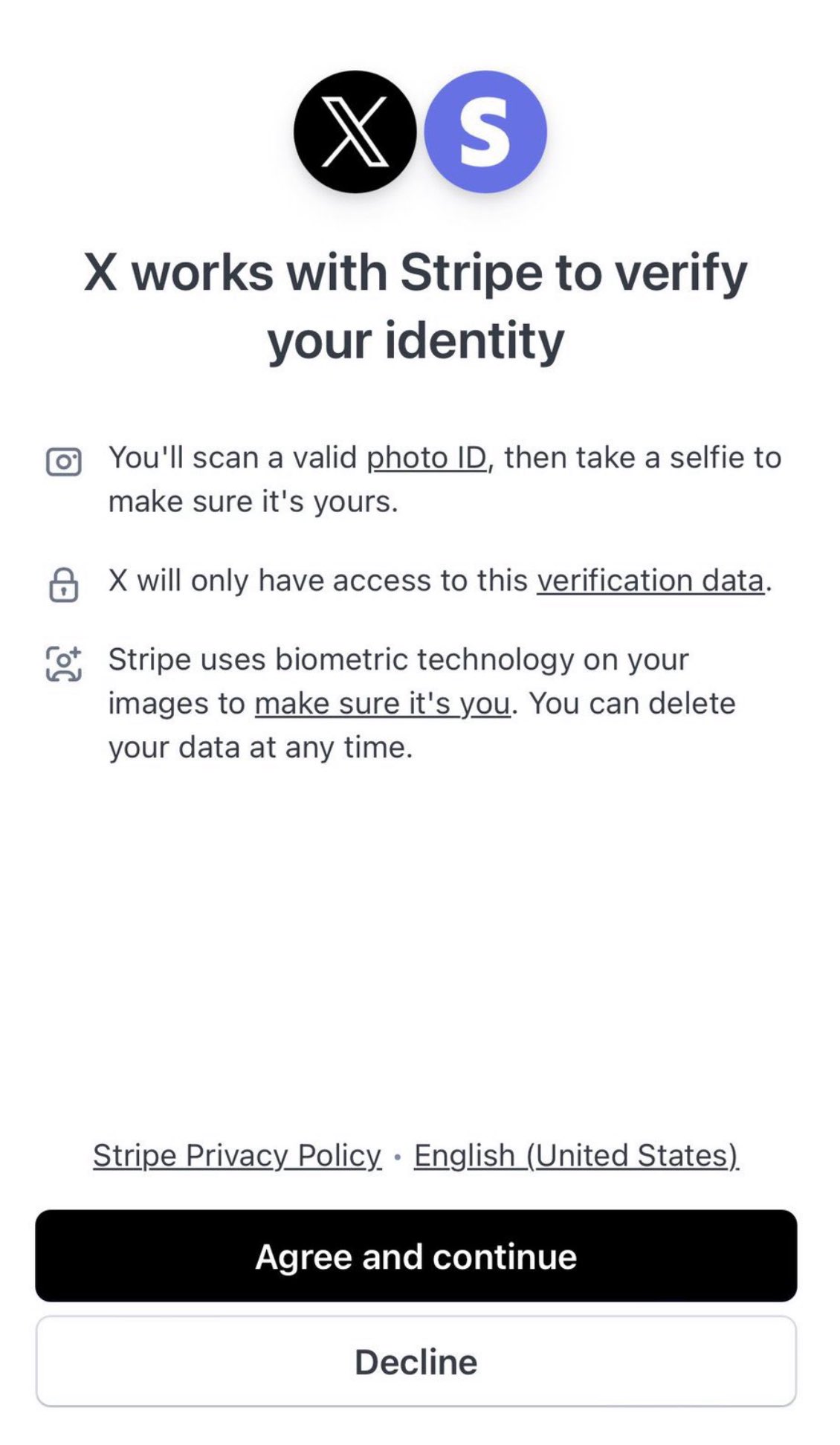X, a prominent social media platform, has seemingly phased out its association with the Israeli identity verification firm AU10TIX, shifting instead to American company Stripe to manage its identity verification services.
The move followed reports that AU10TIX had suffered a data leak.
This transition comes amidst concerns raised by some of X’s users regarding the safety of their personal data, particularly their photo IDs.
The call for X to disengage from AU10TIX also gained momentum after specific users highlighted the risk of intelligence sharing.
But rather than dropping the controversial digital ID system entirely, X has simply switched companies.

Starting to introduce digital IDs for social media use can severely inhibit free speech by stripping away the protective layer of anonymity and pseudonymity.
This change could deter users from expressing controversial or minority viewpoints for fear of personal or professional repercussions, particularly under oppressive regimes or in sensitive situations.
Such a policy would also heighten surveillance risks, as linking social media profiles to real-world identities makes it easier for both governmental and non-governmental actors to monitor individuals. The ability of controversial or targeted vulnerable groups to safely organize and communicate could be significantly compromised, leading to a decrease in diverse voices and activism online.
Additionally, the introduction of digital IDs can create significant access barriers for those lacking the necessary documentation or technological resources, disproportionately affecting disadvantaged populations.
The potential for data breaches in the systems managing these IDs poses a substantial risk, with the misuse of personal information being a critical concern.













